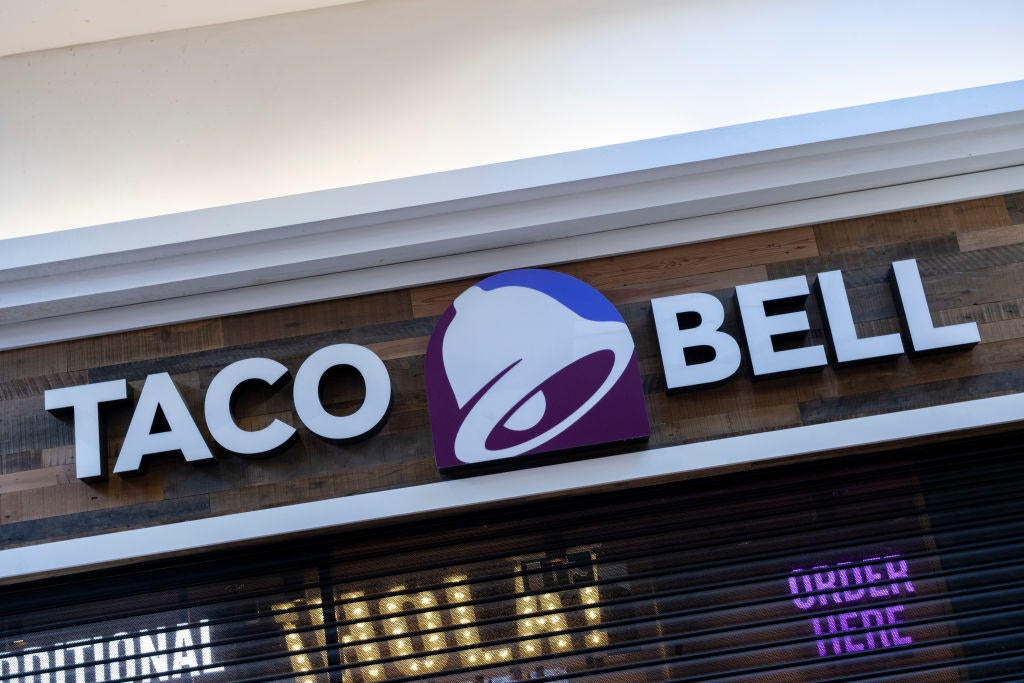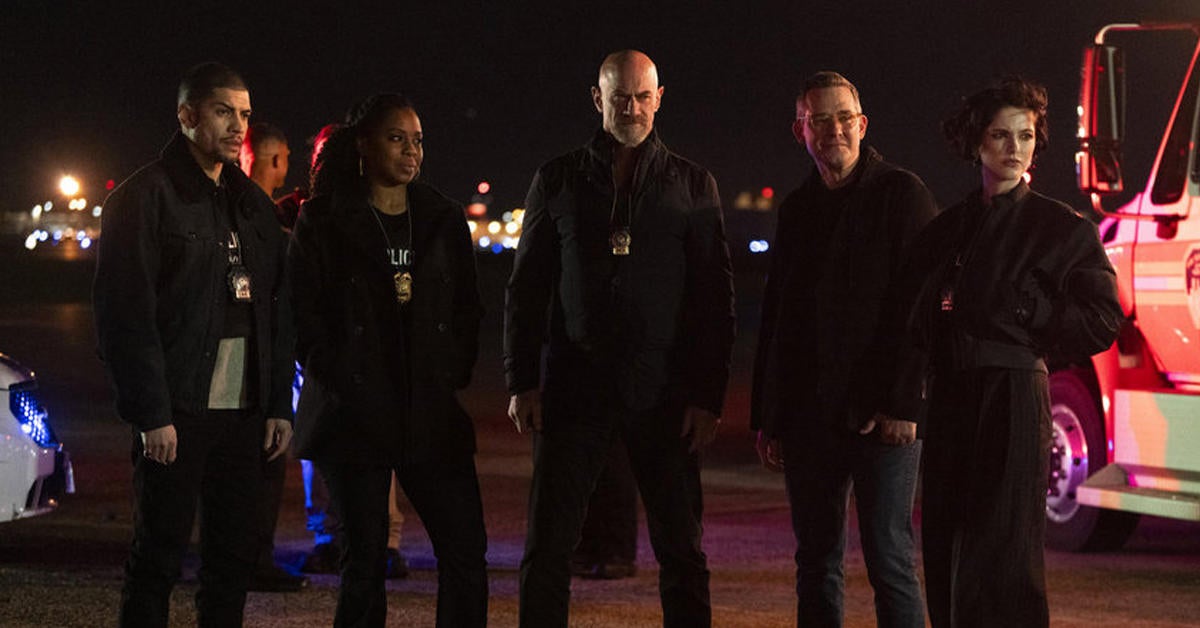Is the MCU Just Big Screen Television?
Without a doubt, Avengers: Infinity War used 10 years worth of mythology from the Marvel Cinematic [...]
Without a doubt, Avengers: Infinity War used 10 years worth of mythology from the Marvel Cinematic Universe to deliver a tale that had ramifications that were more devastating than the 18 previous films in the franchise and offered audiences interactions among characters that were a decade in the making. On the one hand, fans of the MCU felt like every event in series had led to this point to help set the stage for a sprawling story. On the other hand, less-than-devout fans who were less familiar with the characters felt relatively lost, and, given the frequency of films, that the outcome of this film mattered little with a sequel coming to theaters in a year.
Virtually the entire Internet was focused on Avengers: Infinity War this weekend, with the film going on to earn the highest opening weekend box office numbers in history, taking in more than $250 million domestically. Of the many articles on the film, a piece from The New Yorker was the latest to cause staunch MCU defenders to grab their pitchforks and flaming torches in an attempt to shame the outlet.
In the piece, writer Richard Brody claims the film "comes off not even as a single drama, as a self-contained and internally structured narrative, but, rather, as a big-screen, two-and-a-half-hour variant on a single episode in a television series." Fans were quick to use the author's words against him, claiming that what he considers to be faults are actually strengths of the franchise as a whole. The ways in which the films of the MCU have changed how audiences consume storylines have effectively changed cinema and long-form narratives, but is it for the better?
Much like Nick Fury's description of Earth's Mightiest Heroes in Marvel's The Avengers, claiming, "The idea was to bring together a group of remarkable people, see if they could become something more," the MCU is less a series of films and more installments in a TV series that just happens to debut in theaters. While some fans think this is dismissive of the franchise's accomplishments, the evolution of content distribution since the MCU's debut has changed the way audiences consume content, potentially signaling a massive shift in both movies and TV as an art form.
Iron Man kicked off the MCU in 2008, delivering audiences a satisfying film that included a post-credits scene that hinted at what might happen in a future film, though audiences had no idea if a follow-up would be a certainty. Instead, it served as more of an Easter egg for devout fans, much like brief one-off references made in X-Men and Batman films in years prior.
In 2008, Netflix had yet to debut their streaming service and Game of Thrones wouldn't debut for three more years. In other words, the lines between movies and television were quite clear, as films were typically self-contained and TV series operated on much smaller scales. In 2018, Netflix is only one of the dozens of companies offering both movies and TV to stream in your home, while the final six episodes of Game of Thrones reportedly cost $15 million each.
The increased focus on episodic storytelling across streaming services and cable networks has delivered audiences some of the greatest TV series of all time, from HBO's Westworld to AMC's Breaking Bad to Hulu's The Handmaid's Tale. The Duffer Brothers, who created Netflix sensation Stranger Things, even described their show as a long-form movie when speaking with Deadline, confirming, "We're trying to do this eight-hour, nine-hour movie so to get that pacing just right, you know, it's always hard."
The line delineating what it means to be a movie and what it means to be a TV series has never been more blurred, with programs like Black Mirror offering almost entire feature films with each episode and BBC series like Sherlock having 90-minute episodes. Additionally, each season of Sherlock typically comprises of three episodes, sometimes taking two-year breaks between each season.
In this regard, the argument can be made that the MCU is more of a TV show than it is a series of films, as both 2017 and 2018 will see three different features hitting the big screen each year that feature overlapping characters and narratives. The first six installments in the vast media franchise, however, took four years to land in theaters.
Another point worth noting is that the term "MCU" refers to more than just films, as TV series like Marvel's Agents of SHIELD and Marvel's Daredevil all seemingly exist in the same narrative as the films, even incorporating references to events of the films. While the word "Cinematic" is used for the franchise, there's far more content released each year which will never be broadcast in a cinema.
Prior to the MCU, a variety of different film franchises had gotten audiences accustomed to seeing a new adventure in theaters every so often, whether it be the James Bond series offering relatively standalone installments of a character's adventures or the Star Wars saga regularly delivering viewers a trilogy of films that connect to one another in a massive narrative every couple of decades. The key difference with superhero films is their inspiration, as comic books offer fans a long-running and complicated narrative structure.
Earlier this year, Action Comics #1000 debuted 80 years after the series began. The first issue introduced the world to a slightly important character known as Superman. Part of what makes comics a unique medium is their serial nature, as this landmark issue of the title is a payoff to the 999 issues that came before it as well as being its own standalone issue. The vast majority of comic book series are broken up into six-issue arcs, with the creative teams behind a book having to both deliver readers a compelling single issue, a compelling arc, and a story that can fit in with a title's long-term journey. In that regard, Avengers: Infinity War is meant to be the final issue of an arc and its own standalone adventure. Some critics are slighting the film for its reliance on previous chapters, though to review just the season finale of a TV show seems like an absurd notion, so why would it be fair to judge Infinity War devoid of what came before it?
There's no debate about whether the MCU has effectively altered the way audiences consume media. Thanks to Marvel's post-credits codas, fans are now conditioned to wait until they are kicked out of a theater to make sure they don't miss a scene that hints at the series' future, effectively serving as an "On next week's MCU adventure..." preview, reminding audiences of the neverending cycle of stories. The bigger question at hand is whether what is being established in the MCU is unique to the superhero genre or if filmgoers should now all be prepared to have an innate familiarity with something before heading out to the theater. In this regard, it's far too early to tell if more franchises will adopt this approach to movie-making, as no other franchise has pulled off this notion as effectively as the MCU.
In the more than a century since cinema began, few drastic changes have been made to the concept of the medium, other than the incorporation of spoken dialogue and colorization. While a decade might seem like a large chunk of time, it's barely a blip on the radar of cinema, so to dismiss a critic's issues with a film relying too heavily on prior knowledge of characters ignores what films have required of audiences for the better part of a century. Nevertheless, the methods in which stories are delivered to audiences have undergone massive changes since the MCU began, with a variety of services making it easier than ever to prepare for a film, even if you're merely doing encyclopedic research on a character before seeing a film.
The deciding factor in the argument about Avengers: Infinity War might come down to the in-world concept of a magical glove that can alter time and reality as the characters know it, while a sequel already has a release date a year from now. While some fans may appreciate watching a 19-episode narrative broken up over 10 years, a film critic has every right to judge a film on its own merits, even if a devout fan can recall even the most minute details of a series' mythos.
There's never been a better time in history to be a fan of Marvel comics, as you're delivered dozens of hours of live-action content depicting your favorite heroes from all corners of the universe. One drawback to this embarrassment of riches is that, even in the case of the astonishing, fantastic, and uncannyAvengers: Infinity War, it's difficult to feel like there are any real stakes when we know which actors' contracts are yet to be fulfilled and are sure to reprise their roles in further adventures. While it might not have as catchy a name, it seems more appropriate to refer to all Marvel adventures, whether they be shown in a theater or on an iPad, the Marvel Episodic Universe.




